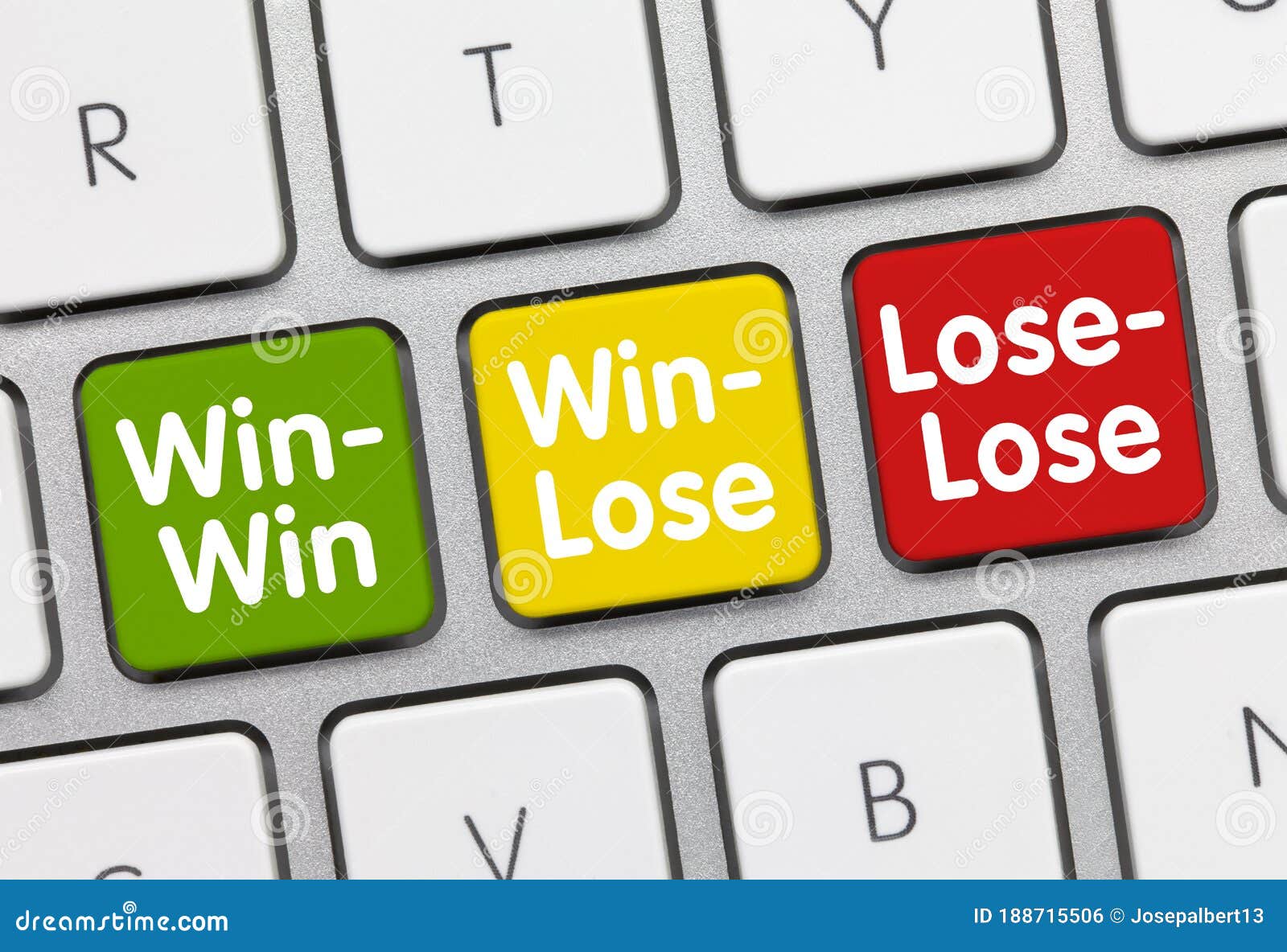Win or lose, life is a journey filled with challenges, triumphs, and lessons. Whether it's in personal growth, business, sports, or relationships, the concept of winning or losing plays a significant role in shaping who we are. While the idea of winning often dominates our aspirations, understanding what it means to lose is equally important in the grand scheme of life.
At its core, the "win or lose" mentality reflects the dual nature of human experience. It represents not only the pursuit of success but also the resilience required to overcome setbacks. This article dives deep into the concept of winning and losing, offering insights into how they influence our lives and how we can harness both experiences for growth.
As we explore this topic, we will uncover strategies to redefine what it means to win or lose, helping you develop a balanced perspective. Whether you're a professional athlete, entrepreneur, or someone navigating everyday life, the principles discussed here will empower you to approach challenges with confidence and grace.
Read also:Kiele Sanchez A Rising Star In The Entertainment Industry
Table of Contents
- Biography of Key Figures in the Concept of Winning and Losing
- Defining Win or Lose
- Psychology of Winning
- Psychology of Losing
- Importance of Resilience in Win or Lose Situations
- Strategies for Success Beyond Winning
- Real-Life Examples of Win or Lose Scenarios
- Data and Statistics on Winning and Losing
- Redefining Success Beyond Win or Lose
- Conclusion: Embracing the Win or Lose Philosophy
Biography of Key Figures in the Concept of Winning and Losing
Throughout history, many influential figures have shaped our understanding of winning and losing. Below is a brief biography of some key individuals who have contributed to this concept:
| Name | Birth | Death | Profession | Key Contributions |
|---|---|---|---|---|
| Nelson Mandela | 1918 | 2013 | Political Leader | Advocated for resilience and forgiveness in the face of adversity. |
| Michael Jordan | 1963 | - | Professional Athlete | Emphasized the importance of failure as a stepping stone to success. |
| Thomas Edison | 1847 | 1931 | Inventor | Highlighted the value of persistence despite repeated failures. |
Defining Win or Lose
The concept of "win or lose" is often misunderstood as a binary outcome. However, it encompasses a broader spectrum of experiences that define success and failure in various contexts.
Understanding the Basics
Winning is commonly associated with achieving a desired goal or outcome, while losing refers to falling short of expectations. However, these definitions can vary depending on the situation and perspective.
- Winning in Business: Achieving profitability, market share, or innovation.
- Losing in Sports: Failing to secure a victory in a competition.
- Winning in Relationships: Building meaningful connections and mutual respect.
Psychology of Winning
Winning has a profound impact on the human psyche. It boosts confidence, enhances self-esteem, and reinforces positive behaviors. However, the pursuit of winning can sometimes lead to unhealthy competition and stress.
Benefits of Winning
Winning provides a sense of accomplishment and validation. It motivates individuals to push their limits and strive for excellence. Research shows that winners often experience increased dopamine levels, which contribute to feelings of happiness and satisfaction.
Psychology of Losing
On the other hand, losing can be challenging but equally transformative. It teaches humility, patience, and perseverance. While the initial sting of failure may be difficult to overcome, it often serves as a catalyst for growth.
Read also:Valentina Acosta Giraldo A Rising Star In The Entertainment Industry
Coping with Loss
To effectively cope with losing, individuals can:
- Reflect on the experience to identify areas for improvement.
- Seek support from mentors or peers.
- Reframe the loss as an opportunity for learning and development.
Importance of Resilience in Win or Lose Situations
Resilience is the ability to bounce back from setbacks and adapt to changing circumstances. It plays a crucial role in navigating the highs and lows of life, whether you win or lose.
Building Resilience
To build resilience, consider the following strategies:
- Maintain a positive mindset.
- Develop problem-solving skills.
- Cultivate a strong support network.
Strategies for Success Beyond Winning
Success is not solely defined by winning. It involves creating meaningful experiences and contributing positively to the world. Below are some strategies to achieve success beyond the traditional win-or-lose paradigm:
Focus on Personal Growth
Invest time in developing skills, expanding knowledge, and nurturing relationships. Personal growth fosters a sense of fulfillment and purpose.
Real-Life Examples of Win or Lose Scenarios
Throughout history, numerous examples demonstrate the complexities of winning and losing. Consider the following cases:
Case Study: Michael Jordan's Journey
Michael Jordan, one of the greatest basketball players of all time, was initially cut from his high school basketball team. Instead of letting this setback define him, he used it as motivation to improve his game. His perseverance and determination ultimately led to numerous championships and accolades.
Data and Statistics on Winning and Losing
Data supports the idea that both winning and losing are integral to personal and professional growth. According to a study published in the Journal of Applied Psychology, individuals who embrace failure as part of the learning process are more likely to achieve long-term success.
Key Statistics
- 70% of successful entrepreneurs experienced significant failures before achieving success.
- 85% of professional athletes believe that losing has contributed to their overall development.
Redefining Success Beyond Win or Lose
Success is a multifaceted concept that extends beyond the confines of winning or losing. It encompasses personal fulfillment, relationships, and contributions to society. By redefining success, we can embrace both victories and defeats as valuable experiences.
Embracing a Balanced Perspective
To embrace a balanced perspective, focus on:
- Setting realistic goals.
- Celebrating small wins along the way.
- Learning from every experience, whether positive or negative.
Conclusion: Embracing the Win or Lose Philosophy
In conclusion, the concept of "win or lose" is more than just a measure of success or failure. It represents the journey of growth, resilience, and self-discovery. By understanding the psychology of winning and losing, building resilience, and redefining success, we can navigate life's challenges with confidence and grace.
We invite you to share your thoughts and experiences in the comments below. How do you approach the win-or-lose philosophy? Additionally, explore other articles on our site for more insights into personal and professional development.


